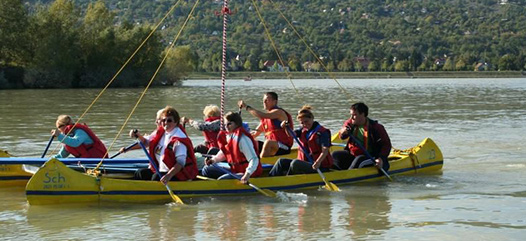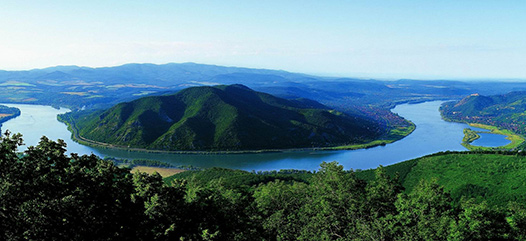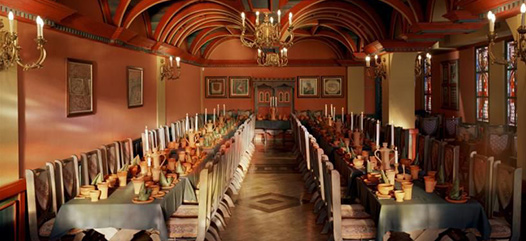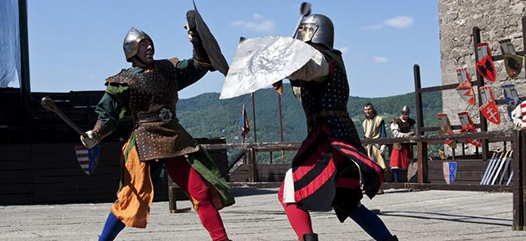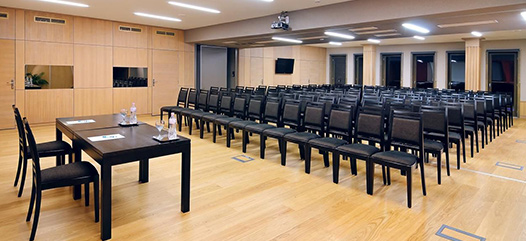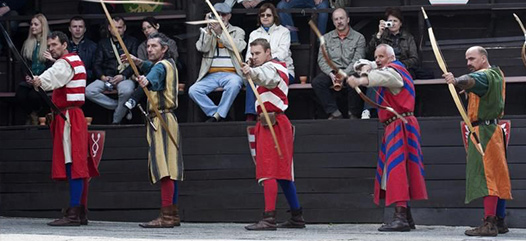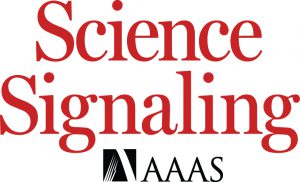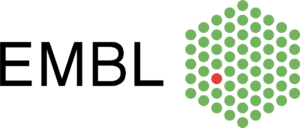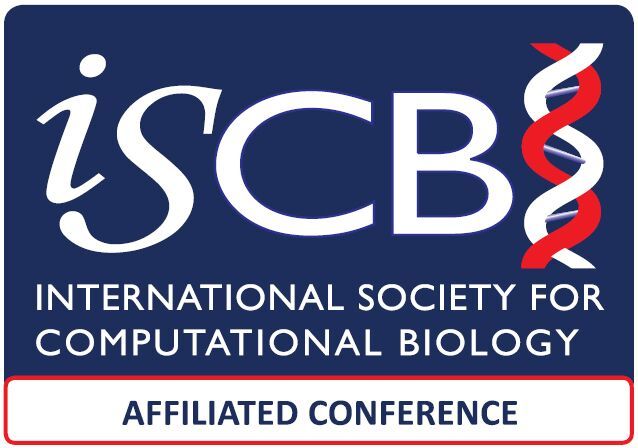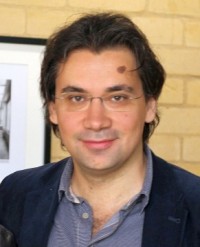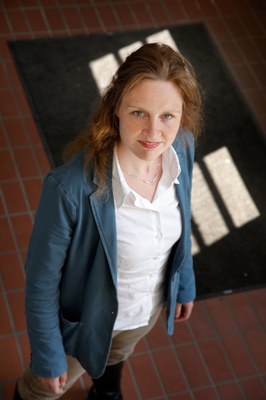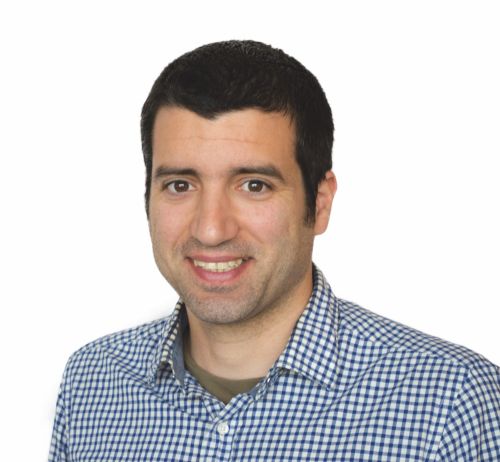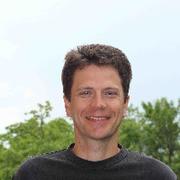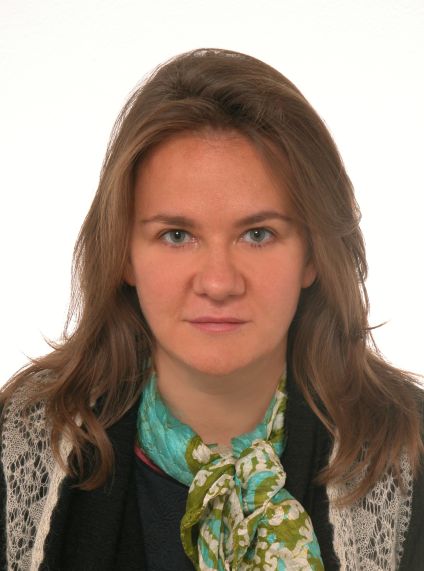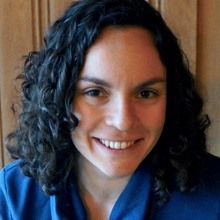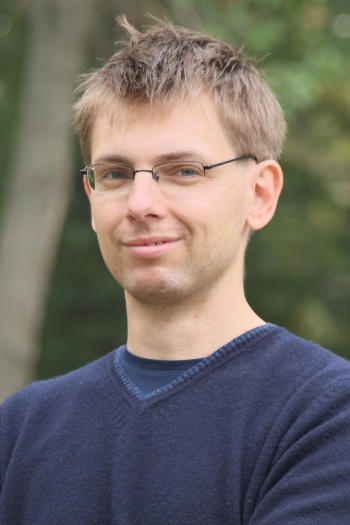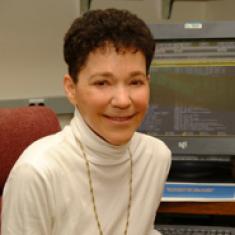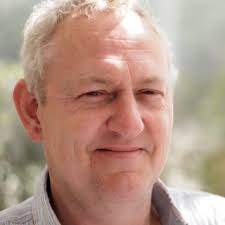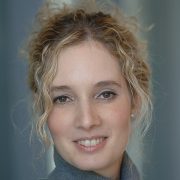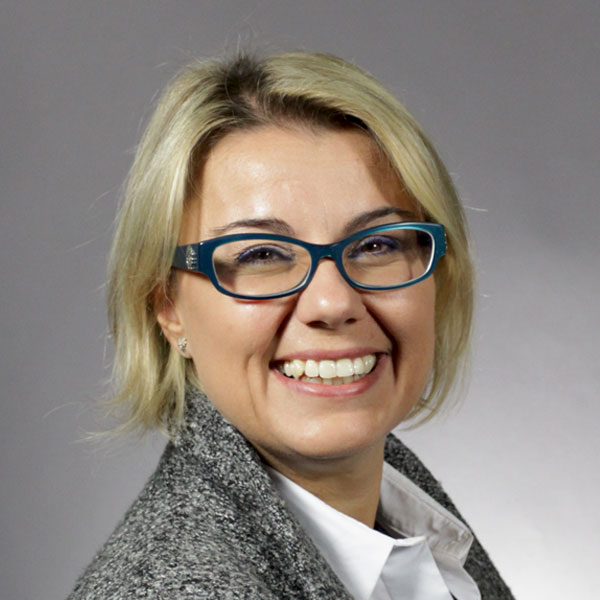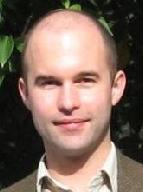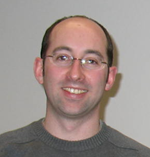Program of ISW 2017
LIST OF POSTERS >>
DAY 1 Monday | 17th July
Arrival day
| 14:00 – 16:00 | Registration |
| 16:00 – 18:00 | Opening ceremony with Keynote Lectures Chair: Tamás Korcsmáros Burkhard Rost |
| 18:00 – 20:30 | Welcome reception and dinner |
| 20:30 – | late Informal evening program (bowling, table football, swimming, etc.) |
DAY 2 Tuesday | 18th July
| Omics approaches to signalling Chair: Gustav Sundell |
|
| 09:00 – 09:30 | Expert talk
Federica Di Palma |
| 09:30 – 10:00 | Expert talk
Nataša Pržulj |
| 10:00 – 10:30 | Expert talk
Vera Van Noort |
| 10:30 – 11:00 | Drinks break |
| Omics approaches to signalling Chair: Katri Vaparanta |
|
| 11:00 – 11:30 | Expert talk
Gary Bader |
| 11:30 – 12:30 |
Selected talks
|
| 12:30 – 14:00 | Lunch |
| Teamwork | |
| 14:00 – 14:30 | Getting know each other through speed networking: project groups |
| 14:30 – 16.00 | Presenting the problem to be solved: project groups |
| 16.00 – 16.30 | Drinks break |
| 16:30 – 18:30 | Knights tournament and medieval team building activity |
| 18:30 – 21:00 | Feast at the Food Court |
| 21:00 – 22:00 |
Poster session 1 (P-1 – P-10)
|
| 22:00 – | late Informal evening program |
DAY 3 Wednesday | 19th July
| Modelling signalling Chair: Orsolya Kapuy |
|
| 09:00 – 09:30 | Expert talk:
Evangelia Petsalaki |
| 09:30 – 10:00 |
Expert talk: Jasmin Fisher |
| 10:00 – 10:30 | Expert talk:
Balázs Papp |
| 10:30 – 11:00 | Drinks break |
| Modelling signalling Chair: Scooter Morris |
|
| 11:00 – 11:30 | Expert talk:
Andrei Zinovyev |
| 11:30 – 12:30 |
Selected talks
|
| 12:30 – 14:00 | Lunch |
| Teamwork | |
| 14:00 – 15:30 | Discussing the problems to be solved: project groups |
| 15:30 – 16:00 | Drinks break |
| 16:00 – 17:00 | Discussing the problems to be solved: project groups |
| 17:00 – 18:30 | Excursion |
| 18:30 – 21:00 | Barbecue in the Pilis Forest |
| 21:30 – 22:30 |
Poster session 2 (P-11 – P-19)
|
| 22:30 – | late Informal evening program |
DAY 4 Thursday | 20th July
| Chemoinformatics and signalling Chair: Malvika Sharan |
|
| 09:00 – 09:30 | Expert talk:
Andreas Bender |
| 09:30 – 10:00 | Expert talk:
Attila Reményi |
| 10:00 – 10:30 | Expert talk:
Julio Saez-Rodriguez |
| 10:30 – 11:00 | Drinks break |
| Chemoinformatics and signalling Chair: Alexander Mazein |
|
| 11:00 – 12:30 |
Selected talks
|
| 12:30 – 14:00 | Lunch |
| Teamwork | |
| 14:00 – 15:15 | Working on presentations |
| 15:15 – 16:30 | Presentation of teams and discussion (10 minutes/team) |
| 16:30 – 17:00 | Drinks break |
| 17:00 – 17:30 | Discussing group presentations, novel ideas, and concrete actions (e.g. collaborations) |
| 17:30 – 18:30 |
Closing Keynote:
|
| 18:30 – 22:00 | Award presention for teams and poster presenters, Closing remarks, Dinner |
| 22:00 – | late Informal evening program with music |
DAY 5 Friday | 21st July
Departure day
List of posters
Poster session 1
Protein motifs and domains
P-1
Amanda Demeter
Quadram Institute, Norwich Research Park, Norwich, UK
Eötvös Loránd University, Budapest, Hungary
Mutational analysis of cell lines to uncover undesired changes in the regulation of autophagy
P-2
Tomer Meirson
Bar Ilan University, Safed, Israel
ABL kinase inhibitors reduce invadopodia-dependent invasiveness and consequent in vivo breast cancer metastasis
P-3
Neha Singh
Institute of Enzymology, Budapest, Hungary
Exploration of linear motifs through which MAPKs regulate other proteins
P-4
Gustav Sundell
Uppsala University, Uppsala, Sweden
Identification of phosphorylation switches of PDZ domain interactions using phosphomimetic phage display
P-5
Katri Vaparanta
University of Turku, Turku, Finland
The extracellular juxtamembrane domain of receptor tyrosine kinase ErbB4 is a major cleavage-independent determinant of ErbB4 JAK-STAT5 signaling selectivity
Systems medicine
P-6
Oyebode Oyeyemi
University of Manchester, Manchester, United Kingdom
A logical model of HIV-1 interactions with the T-cell activation signalling pathway
P-7
Orsolya Kapuy
Semmelweis University, Budapest, Hungary
A systems biological study of cellular life-and-death decision in Huntington’s disease
P-8
Bence Szalai
RWTH Aachen University, Aachen, Germany
Transcriptomics based inference of pathway activities in prostate cancer samples
P-9
Erin Oerton
University of Cambridge, Cambridge, United Kingdom
Analysis of disease relationships by integrating biological data types: A systematic evaluation
P-10
Iván Fekete
Semmelweis University, Budapest, Hungary
Computational prediction of personalized therapies in onco-hematological malignancies
Poster session 2
Signaling resources
P-11
Márton Ölbei
Earlham Institute, Norwich, United Kingdom
SalmoNet: an integrated multi-layer network for Salmonella
P-12
Marc Gouw
EMBL, Heidelberg, Germany
The eukaryotic linear motif database: 3000 valiated motif instances and more
P-13
Alessandro Palma
University of Rome “Tor Vergata”, Rome, Italy
A new web portal for exploring inter- and intra-cellular interactions in muscle regeneration
P-14
Dávid Fazekas
Eötvös Lóránd University, Budapest, Hungary
SignaLink 3, a tissue specific and extended multi-layered signaling network resource
Systems microbiology and therapy
P-15
Mohieddin Jafari
Pasteur Institute of Iran, Tehran, Iran
Stromal cell secretome reveals the mechanism underlying acquired doxorubicin resistance: a systems pharmacology approach
P-16
Dezső Módos
University of Cambridge, Cambridge, United Kingdom
Resistant Escherichia coli interactome identifies putative novel combinations to break antimicrobial resistance
P-17
Agatha Treveil
Earlham Institute, Norwich, United Kingdom
Investigating regulation of cellular functions in the gut by Bifidobacteria using network biology and organoid approaches
P-18
Hugo Samano-Sanchez
EMBL, Heidelberg, Germany
Bacterial mimicry of eukaryotic linear motifs
P-19
Padhmanand Sudhakar
Earlham Institute, Norwich, United Kingdom
An integrated computational analysis of the targeted interplay between bacterial pathogens and host autophagy
